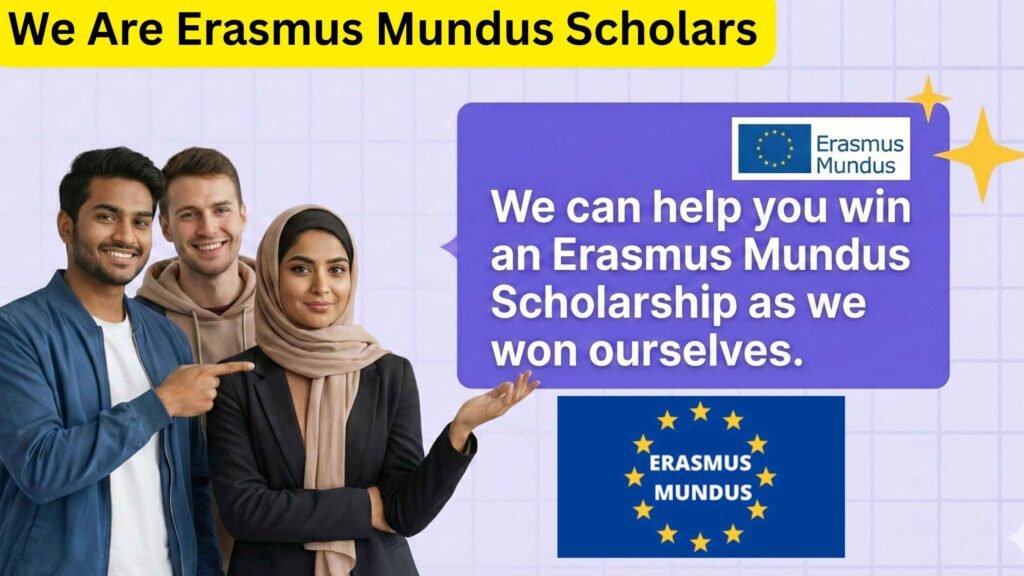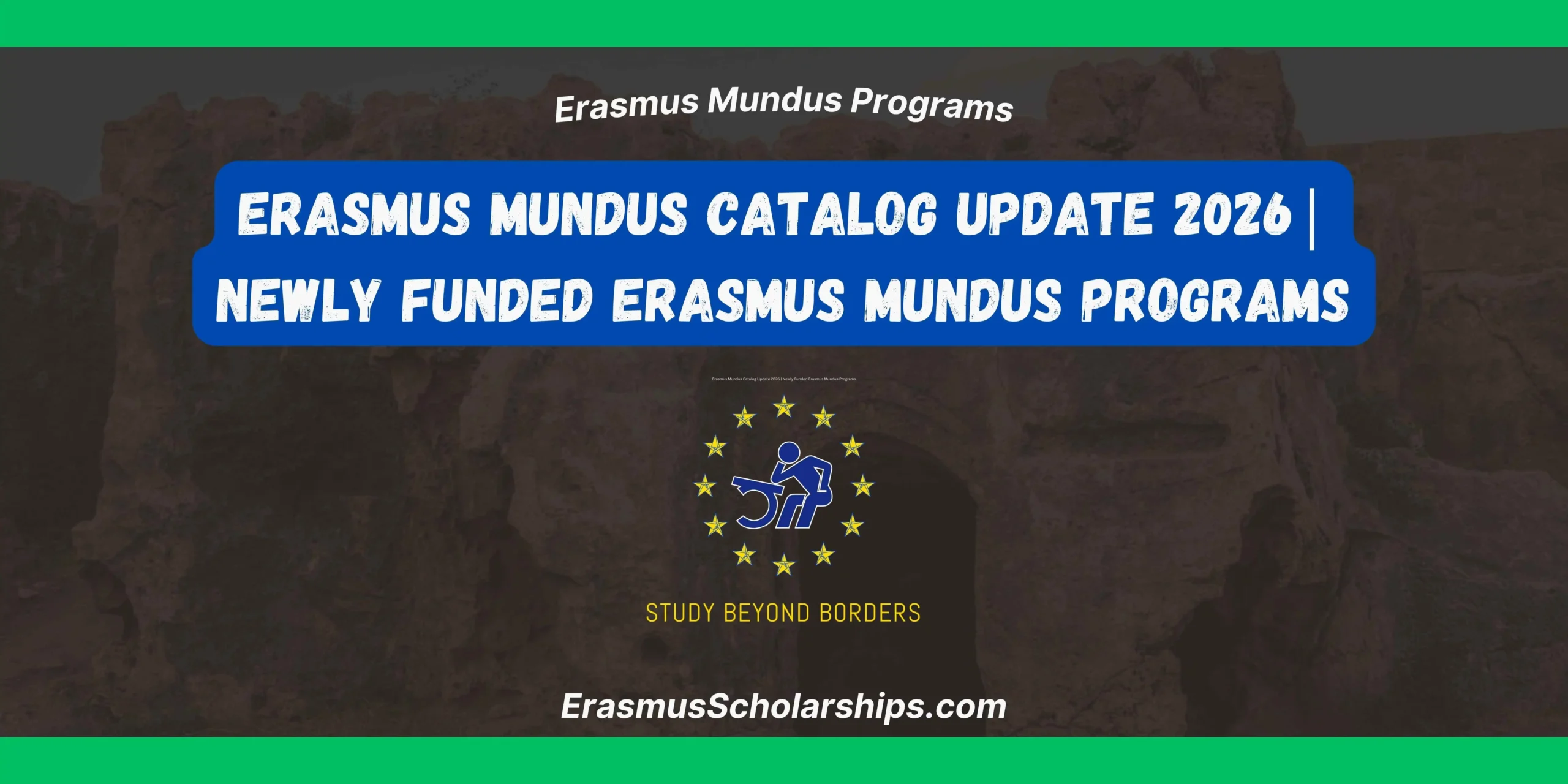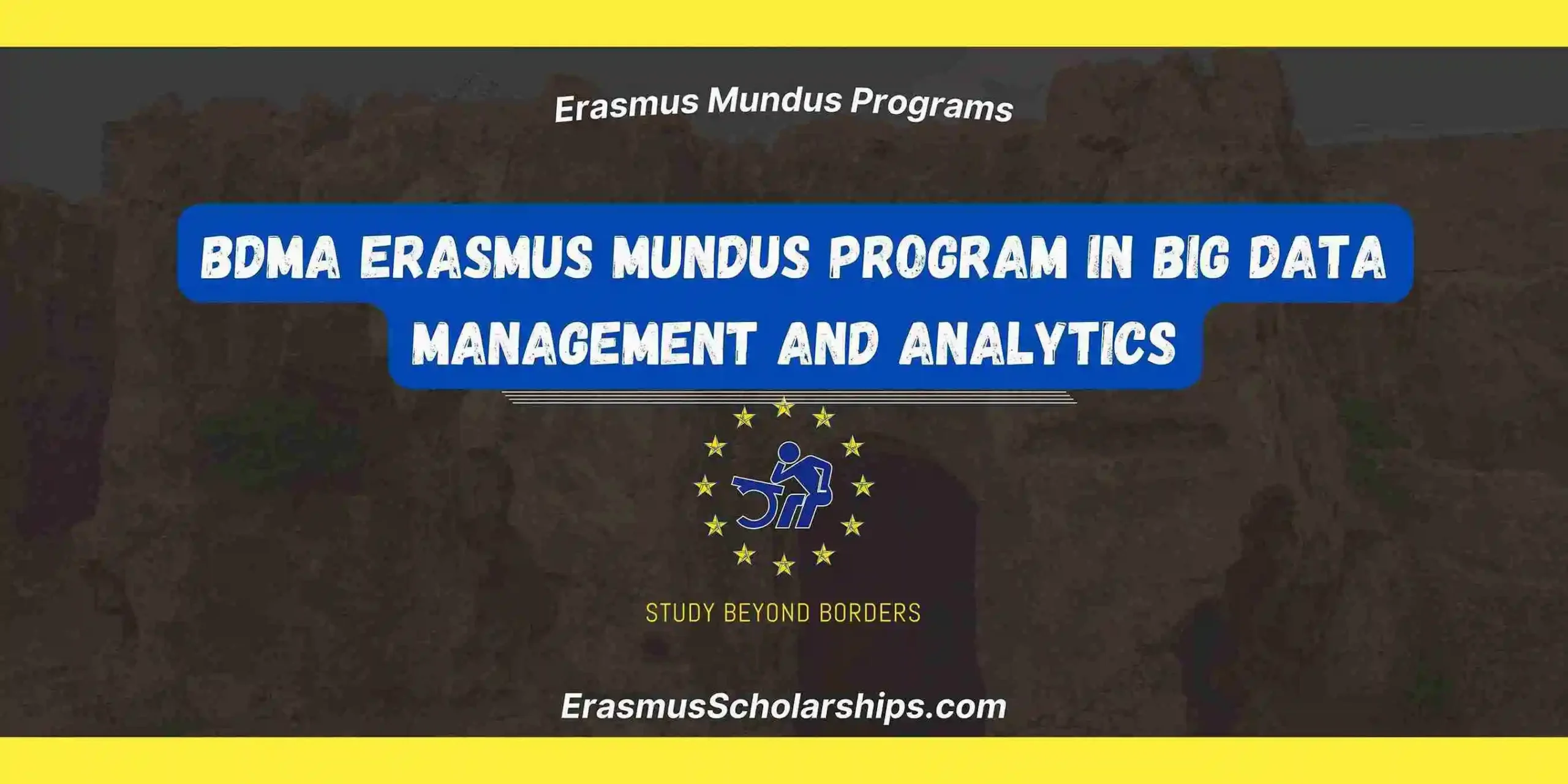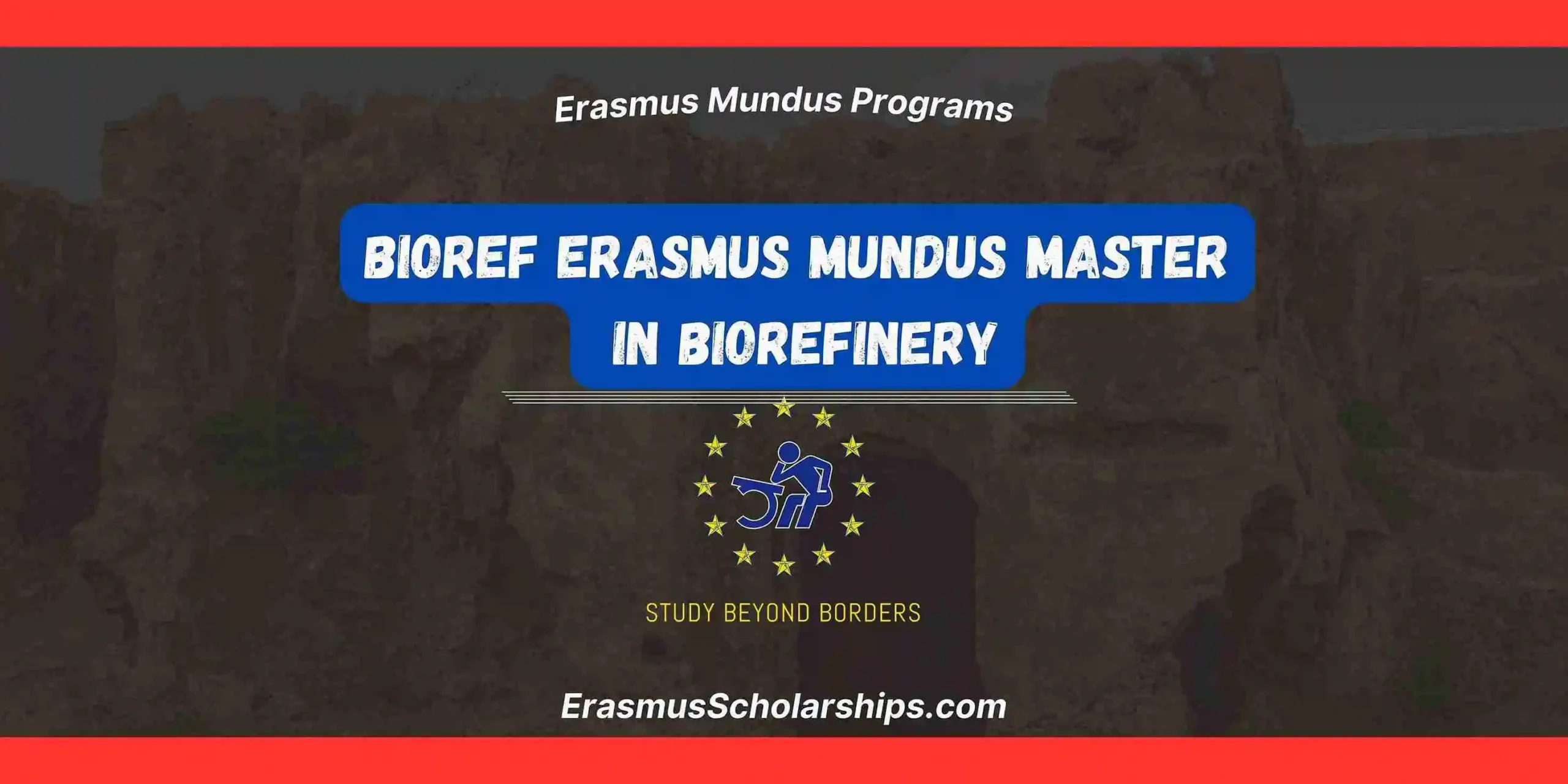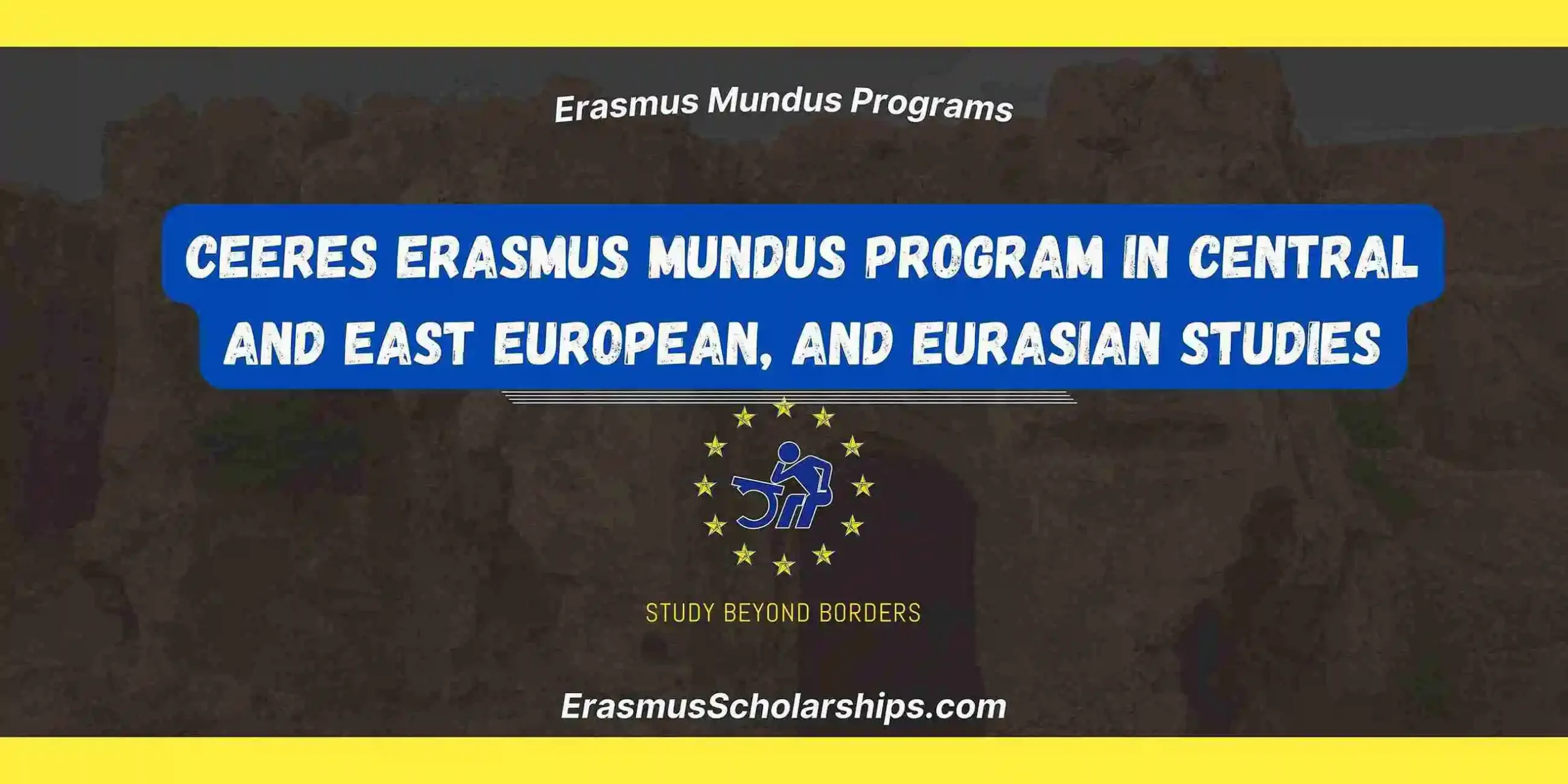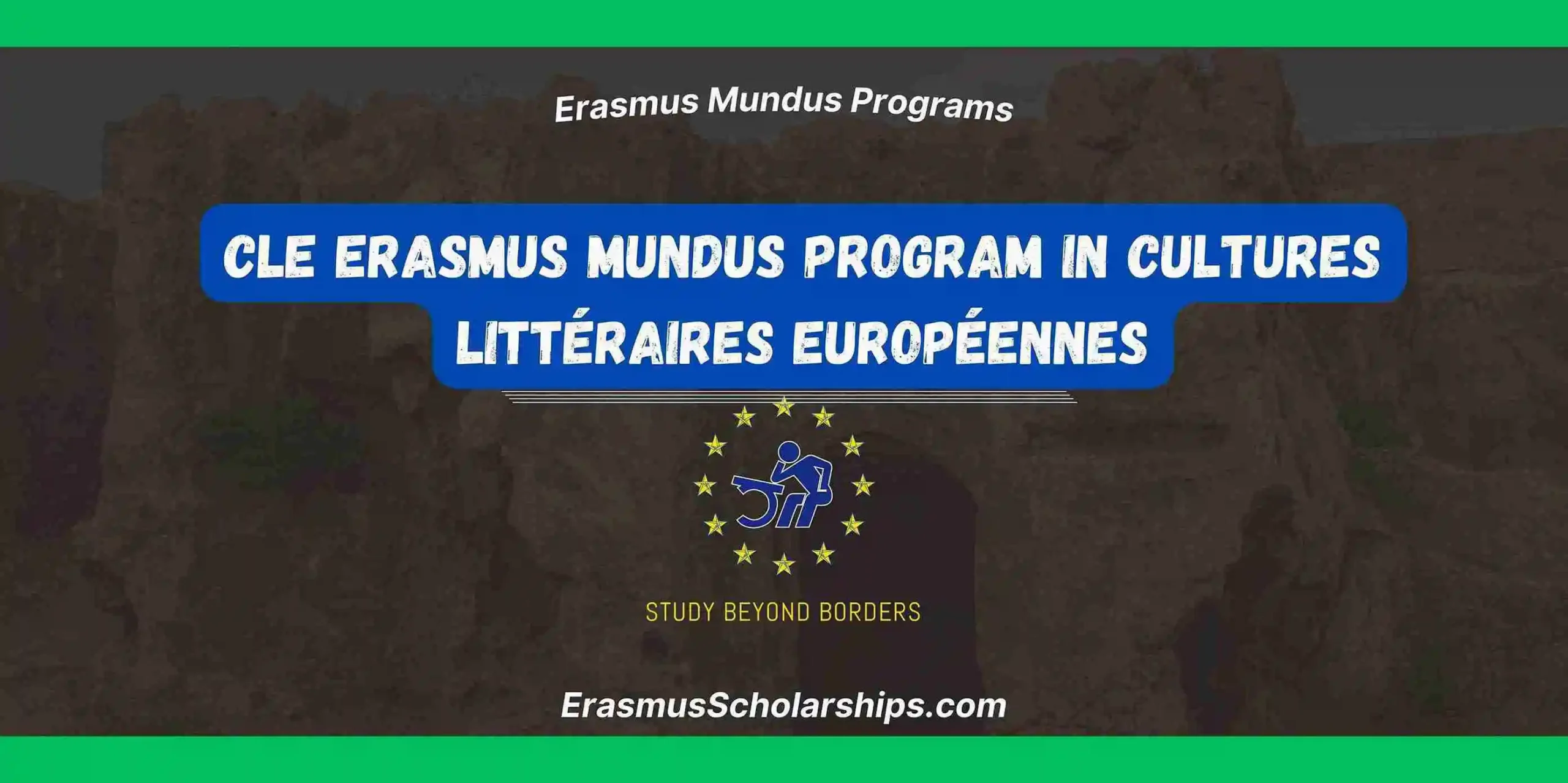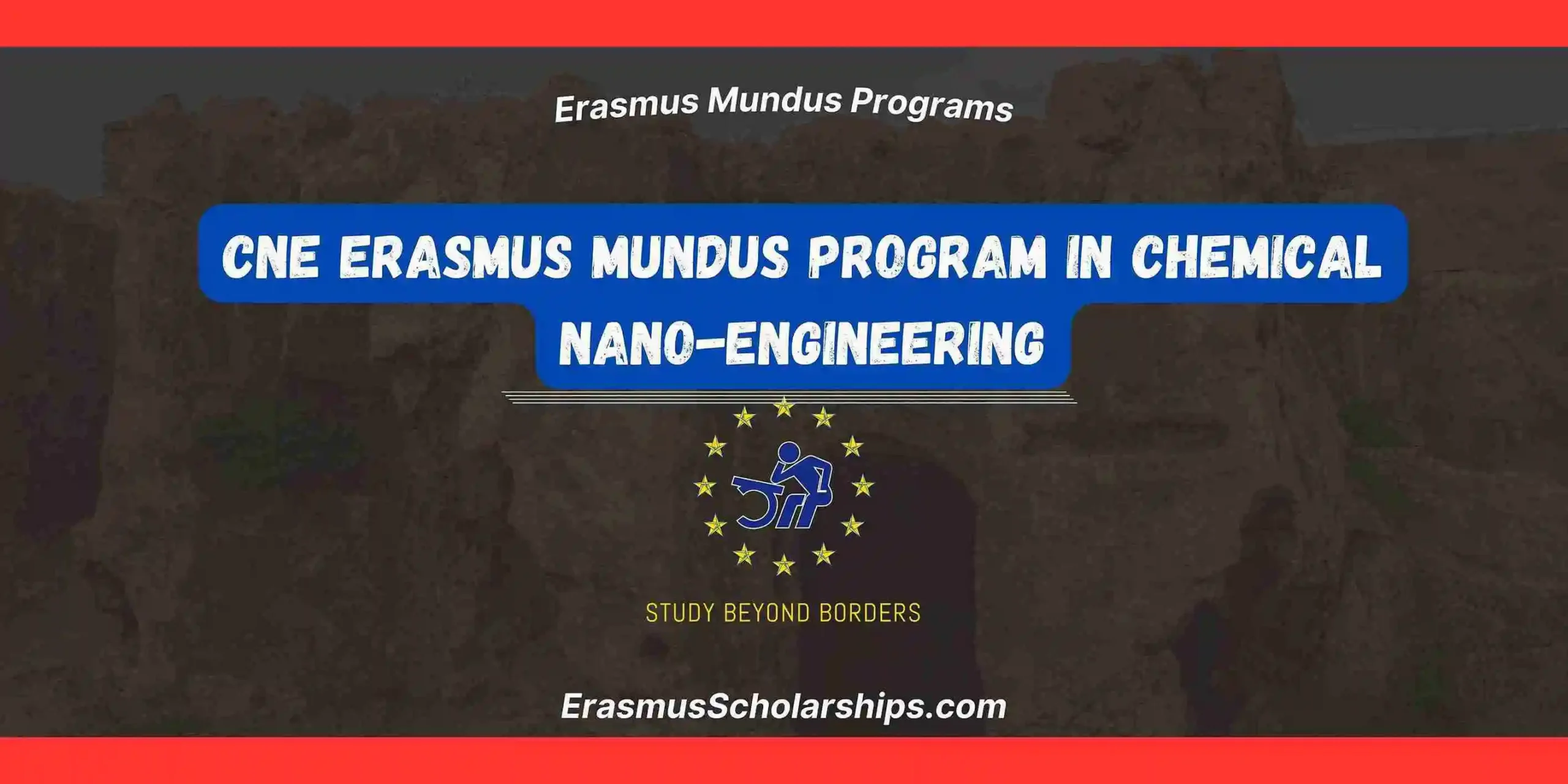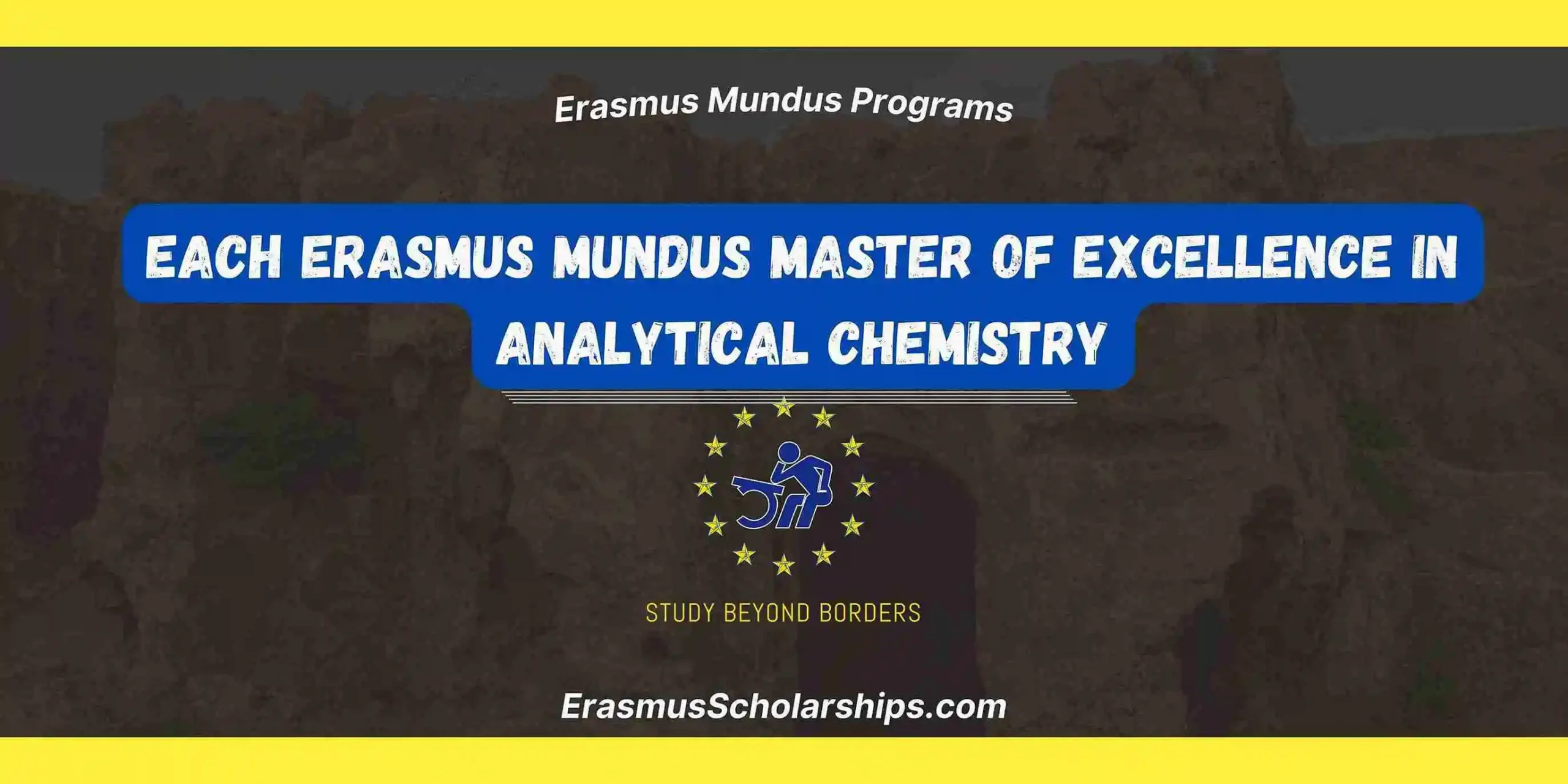The MERGED Erasmus Mundus Master of Science in Global Environment and Development is a prestigious two year program that offers students the opportunity to study pressing global challenges such as environmental sustainability, resource management, and development policy. Delivered entirely in English, the program provides a comprehensive academic experience that begins at the University of Copenhagen and continues at either the University of Milan or the University of Warsaw, depending on the chosen specialization. It combines rigorous coursework with practical field experience and includes a wide range of elective modules and a final research thesis.
This master’s program is designed for students seeking to build international careers in the fields of environment, agriculture, or sustainable development. Participants are trained in both quantitative and qualitative research methodologies and gain valuable hands-on experience through global fieldwork projects. In the second year, students have the option to specialize in Agricultural Development or Sustainable Environmental Development, aligning their studies with their career goals and interests. Through its interdisciplinary structure and international mobility, the MERGED Erasmus Mundus program equips graduates with the skills, knowledge, and global perspective required to address the complex environmental and developmental challenges of the modern world.
Project Status
- Status: Ongoing
- Start date 01-10-2022
- End date 30-11-2028
- Action Type: Erasmus Mundus Joint Master
- Universities Involved
- Countries Involved
The MERGED Erasmus Mundus program offers students the opportunity to study at three top European universities, focusing on global environmental and development issues through a multidisciplinary and international academic experience.
| University of Copenhagen |
| University of Milan |
| University of Warsaw |
| Denmark |
| Italy |
| Poland |
This cross-border collaboration allows students to gain an international perspective while studying and researching in the heart of Europe’s academic and industrial hubs.
Description of the MERGED Erasmus Mundus Program
MERGED Erasmus Mundus prepares you to tackle global environmental-development issues—think food security, resource management, climate adaptation—by combining interdisciplinary classrooms, real-world fieldwork, and specialist second-year tracks. You’ll graduate as a sustainability-savvy leader, ready to work in NGOs, governments, research institutes, or companies worldwide.
Key features of the MERGED Erasmus Mundus Program
- Interdisciplinary curriculum: Quant methods, field research, governance, agroforestry, ethnobotany, econometrics… your toolbox is stacked.
- Mobility included: Year 1 in Copenhagen; Year 2 in Milan (agriculture focus) or Warsaw (sustainability focus).
- Fully-funded scholarships: Erasmus Mundus scholarship covers tuition, living, insurance, travel, and fieldwork (non‑EU tuition is €30 000 if not awarded).
- Real-world fieldwork: Includes spring schools and internships via research networks.
Mobility tracks of the MERGED Erasmus Mundus Program
- Common Year 1: Copenhagen – Core courses + field research + electives
- Agricultural Development: Milan – agriculture, soil, livestock, water systems
- Sustainable Environmental Development: Warsaw – ethnobotany, political ecology, environmental justice
- Thesis: Empirical, fieldwork-based, 30 ECTS—possibly with an internship
Admission Requirements
- Bachelor’s completed or in final semester (3‑year degree or equivalent)
- English proficiency (C1); exemptions for full-degree studies in English-speaking countries, or IELTS 6.5 / TOEFL 83 / Cambridge C1 CPE
- Background in natural/social sciences, development, agriculture, environmental studies, etc.
- Motivational letter, references, academic transcripts
- Competitive selection limited to ~40 seats per cohort
How to apply for MERGED Erasmus Mundus Program
- Prepare documents: diplomas, transcripts, CV, motivation, references, English test.
- Online application via University of Copenhagen portal
- Choose specialization at application (Milan or Warsaw track)
- Submit before deadlines
Tips to win the MERGED Erasmus Mundus Program
- Emphasize interdisciplinary mindset, field experience, adaptability
- Tailor your motivation for environment-development nexus
- Highlight teamwork, cultural curiosity, and evidence-based thinking
- Get strong letters of recommendation and proof of English fluency
- Show interest in your preferred mobility track
Application Timeline
- Opens: November
- Deadline: January
- Enroll: Starting September following selection
Curriculum Structure of the MERGED Erasmus Mundus Program
- Year 1 (Copenhagen):
- Global challenges (30 ECTS), methods, field research, electives
- Year 2:
- Milan (Agriculture): modules on crop production, livestock, water, mechanization etc.
- Warsaw (Sustainability): ethnobotany, political ecology, NRM, environmental justice etc.
- Thesis & internship (30 ECTS) based on empirical field work
Coordinator Contact
- Email: merged-science@adm.ku.dk
- For questions about admission requirements: admissions@ku.dk
Frequently Asked Questions (FAQs)
What is the duration of the MERGED Erasmus Mundus Program?
The MERGED Erasmus Mundus Program is a two-year master’s program worth 120 ECTS credits.
Which universities are part of the MERGED Erasmus Mundus Program?
The MERGED Erasmus Mundus Program is jointly offered by the University of Copenhagen, the University of Milan, and the University of Warsaw.
What specializations are available in the MERGED Erasmus Mundus Program?
Students in the MERGED Program can choose between two tracks: Agricultural Development and Sustainable Environmental Development.
Is the MERGED Erasmus Mundus Program taught entirely in English?
Yes, the MERGED Program is fully taught in English across all partner universities.
What kind of career opportunities are available after completing the MERGED Erasmus Mundus Program?
Graduates of the MERGED Program are well-prepared for careers in international development, environmental consulting, policy-making, research, and nonprofit organizations worldwide.

